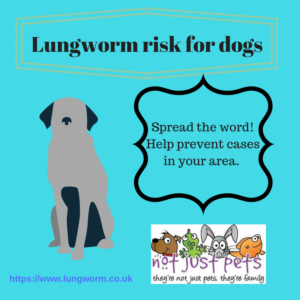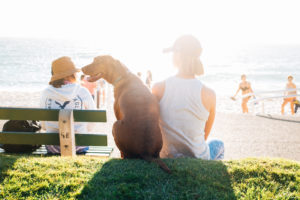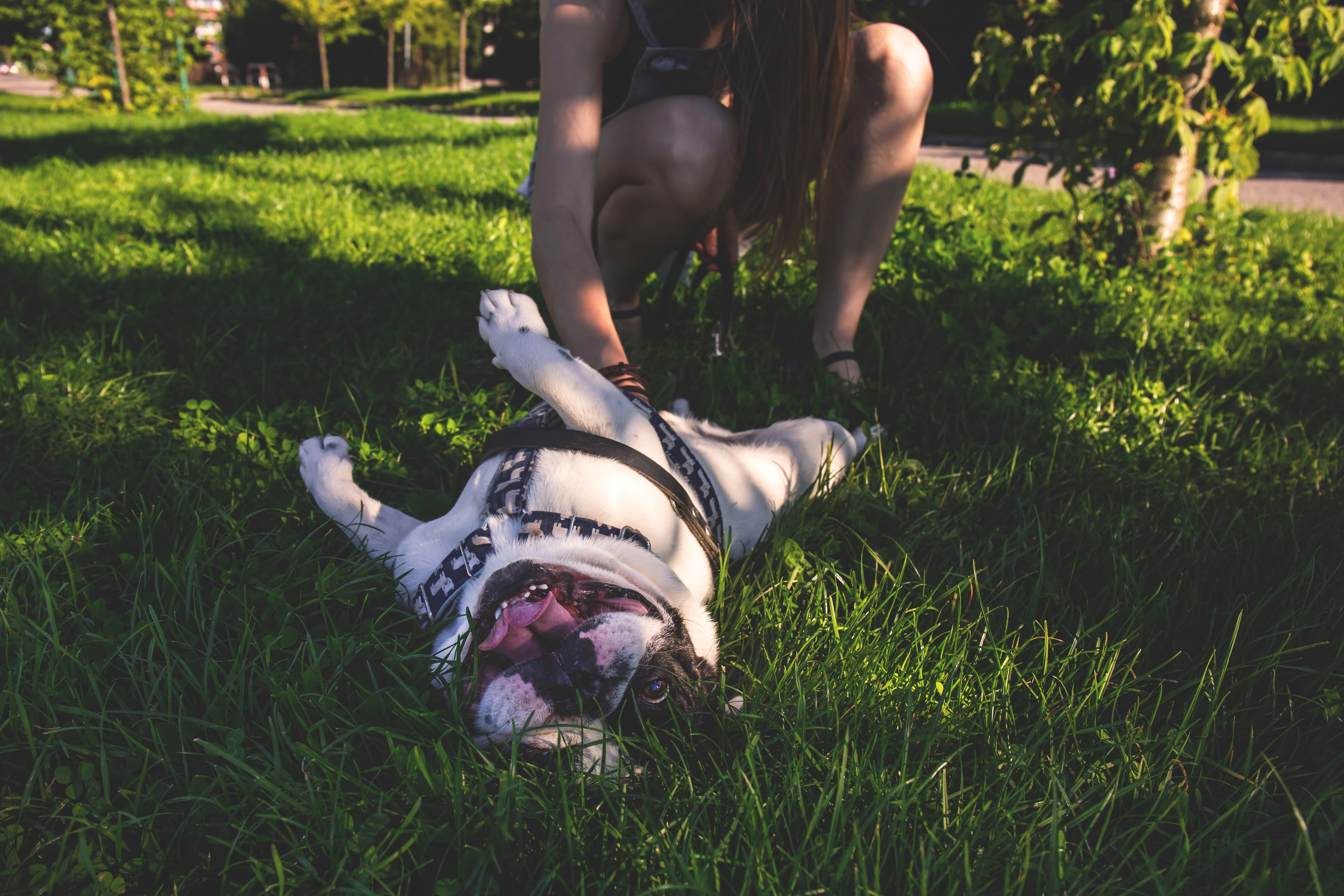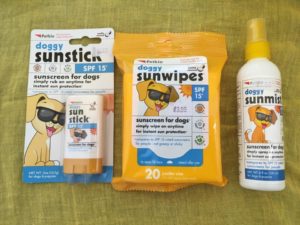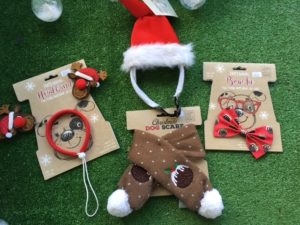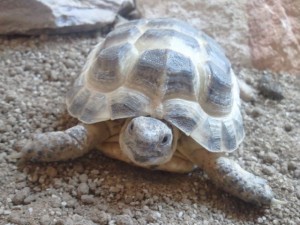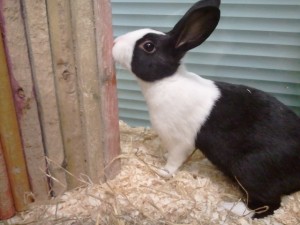Not Just Pets Guest Post for Easter
Keeping dogs safe at Easter time
Here at Not Just Pets we stock a wide range of dog safe chocolate Easter treats. These are great for encouraging your pet to join in the fun during the holidays. But there are also a great many hazards for dogs at Easter time. Here is a guest post that will explain more about these and how you can avoid a trip to the vet with your dog.

Hazards for dogs at Easter
The world is full of hazards for dogs, just as it is for humans and, just like for humans, most of the time we can avoid them. Knowing what poses a hazard to our four-legged friends is key to being able to keep them safe and avoid illness or an emergency trip to the vet.
Local veterinary nurse, Hannah Burton, who runs Dog First Aid courses for dog owners and those who work with dogs across Bristol, Somerset, Bath and Dorset, is keen to spread the word about how to avoid doggy disaster over the Easter holidays.
Hannah says: “Having worked in a vet’s practice for many years I am all too familiar with how badly dogs can be affected by eating foods commonly found in the home. A dog coming across a stash of Easter Eggs hidden out of sight can have fatal consequences and nobody wants to spend the Easter weekend facing the loss of their dog.”
Below is some advice from Hannah on how to avoid hazards that are particularly prevalent over the Easter holidays.
Chocolate eggs
Now Christmas is behind us, we can be sure to find Easter eggs in our local supermarkets tempting us at the end of aisles. Not only are these often kept hidden ‘en masse’ before Easter, but we find children receive so many Easter eggs they may have a hoard of their own somewhere! And while discovering this hoard may be your dog’s idea of heaven – it can quickly turn to disaster.
Chocolate contains theobromine and caffeine, both of which are toxic to dogs. Dark chocolate and cocoa powder are much higher in concentration of theobromine and caffeine – and therefore pose more of a threat – than milk or white chocolate. However, large enough quantities of milk chocolate still regularly get consumed during the Easter period to warrant presentation to vets for treatment.
If you arrive home to an array of wrappers and the dog is looking terribly guilty, it’s time to call Animal Poison Line or your vet, to find out whether or not the amount consumed constitutes risk of toxicity for their bodyweight. If a risk is posed then a trip down to the surgery where your vet can induce vomiting is likely to be required, followed by monitoring for signs of poisoning, which include restlessness, increase in heart-rate, panting, pacing, vomiting, diarrhoea and increased drinking.
She may need to be admitted for further care including intra-venous fluids and other treatment as planned by your vet.
Untreated, signs of chocolate poisoning may progress to un-coordination, seizures, severe cardiac abnormalities, coma and death. The high fat content of chocolate products may trigger pancreatitis in susceptible animals.
Sultanas, currants and raisins
Simnel cake and hot cross buns-a-plenty, Easter time presents more than average opportunities for our canine friends to snaffle some of these potentially toxic dried fruits. The toxicity of raisins, sultanas and grapes isn’t fully understood yet, as while some will prove fatal others won’t. But, it’s important to remember that just one raisin or grape can be enough to kill a dog of any size if they are unlucky. Dogs that have eaten sultanas, currants or raisins need to be taken to a vet as soon as possible, where the vet can induce vomiting. Further treatment, including intra-venous fluids and monitoring kidney function may also be necessary. Left untreated in susceptible individuals, signs include lethargy, loss of appetite, weakness, dehydration and increased drinking. By the time these symptoms occur it may already be too late to successfully treat the dog, and if kidney failure develops this can prove fatal.
Xylitol
Used more and more commonly in baked goods, the sweetener xylitol may not be on the doggy menu but end up being consumed by your dog inadvertently. Eating products containing xylitol can cause hypoglycaemia, and possible liver damage.
The amount of xylitol the dog has eaten should be recorded and reported to Animal Poison Line or your vet – this will be useful in determining whether toxic signs will be expected and how severe they will be. Where enough xylitol has been eaten, signs of hypoglycaemia can develop rapidly so it is imperative to seek veterinary attention as soon as possible, and before signs such as weakness, vomiting, lack of coordination, collapse, seizures and coma. Affected animals should be hospitalised and treated. Signs of liver damage include depression, jaundice, vomiting and clotting problems, and those showing severe liver damage may not recover despite treatment.
Easter plants
Easter plants and bulbs are given as gifts or kept at home around this time for ornamental purposes. Many of these are toxic to dogs and if you suspect your dog may have eaten some you should contact your vet for advice.
What to do if you suspect your dog has ingested a poison or toxin, and what signs to look out for, are covered in Hannah’s Dog First Aid courses. To find out more about the courses, visit www.dog-first-aid.co.uk.
Not Just Pets stocks dog safe chocolate for any dogs that adore chocolate. Visit us in store and find out more.
We look forward to welcoming you in store soon;
remember we are open in our Bath store 7 days a week!
Any ideas and suggestions you have will be welcomed. You can follow us in many ways:
We are now on Instagram! – notjustpets Follow us and see some fantastic photos!
We run regular photo competitions, quizzes, offers and promotions on our Facebook and Twitter pages, so why not “like” or “follow” us today!
Get in touch via any of the above, or via our website or email at bathpets@aol.com or telephone us on 01225 461461. Or simply pop in, you’ll be welcome!

